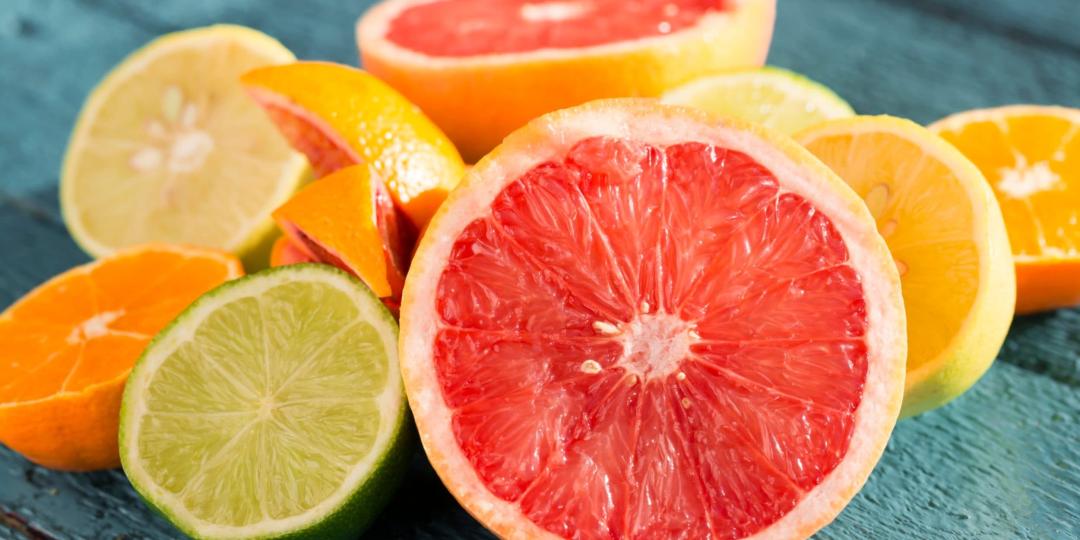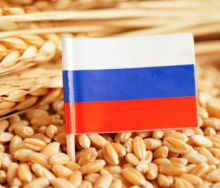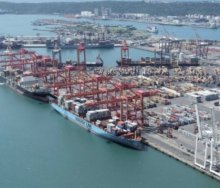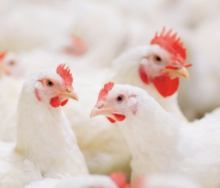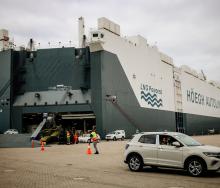The Citrus Growers’ Association has again written to Minister Ebrahim Patel asking him to urgently convene a World Trade Organization panel to adjudicate on the new False Coddling Moth (FCM) regulation that governs the import of South African oranges to the European Union.
CGA CEO Justin Chadwick said the need to resolve the EU dispute had become even more critical in light of ongoing load shedding that was making the ability of growers to fully comply with the new regulations even more of a challenge. Growers need to comply with the rules before the 2023 export season kicks in at the end of March.
Chadwick said the new “unjustified and discriminatory” regulations required all SA oranges shipped to the EU to be precooled to below two degrees Celsius and then maintained at this temperature for 20 days. He said growers would need to use extremely costly, specialised container equipment, which is in short supply, and will not be able to accommodate the huge volumes of fruit exported to the EU.
“An investment in cold storage technology and capacity of nearly R1.4 billion is required to enable full compliance, putting further financial strain on growers. However, this new equipment will also not be operational by the time the season kicks off at the end of the month, which means that an estimated 15% to 25% of oranges destined for the EU will more than likely not be shipped, with the potential loss of income for local growers amounting to more than R500 million this year,” Chadwick said.
He said loadshedding was compounding the problem. “While the CGA welcomes the decision by national government to exempt ports from power cuts under the current National State of Disaster, cold stores located outside the port terminals will struggle to precool oranges below two degrees Celsius and maintain this temperature before the containers enter the ports and are shipped off to the EU.”
The GCA has long contended that the new requirements have been scientifically proven to be unnecessary, considering South Africa’s existing rigorous Risk Management System, ensuring that 99.9% of oranges entering the EU are pest free (with only two FCM interceptions detected in the more than 400 000 tonnes of oranges shipped to the region in 2022). “A significant portion of South Africa’s commercial orange production will also not be able to withstand the new prescribed cold treatment, making the new regulations completely nonsensical. As a result, the new regulations, which are clearly driven by Spanish political agendas to keep South African citrus out of the EU, could result in large gaps in the global supply chain and higher prices for European consumers,” said Chadwick.
He said if the impasse was not resolved before the 2023 export season kicked off, thousands of local growers might not survive, putting the future of the industry at risk. The sector sustains 140 000 jobs and generates in R40 billion in export revenue annually.
